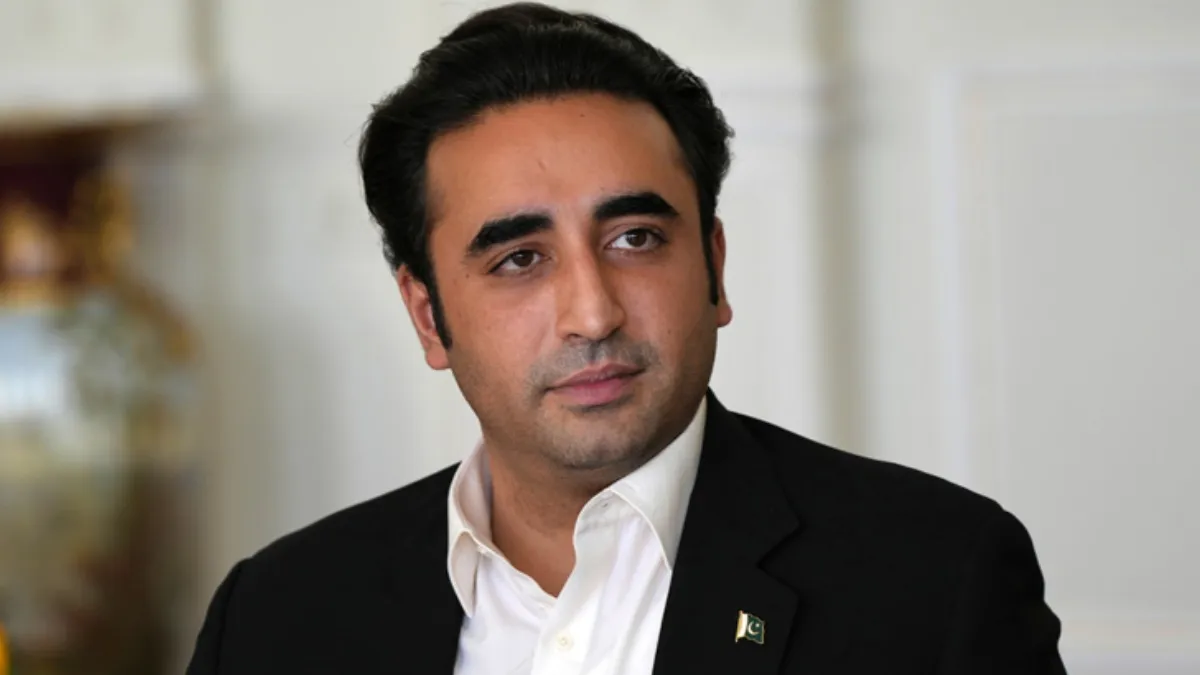Pakistani political leader Bilawal Bhutto Zardari has attributed the growing wave of terrorism in his country to the aftermath of the United States’ 2021 withdrawal from Afghanistan. Speaking during his visit to Washington, Zardari emphasized that advanced military equipment left behind by retreating U.S. forces has been acquired by militant groups now targeting Pakistani security forces.
Zardari called for stronger international collaboration to tackle the repercussions of what he termed a “chaotic exit” from Afghanistan. His comments echo findings from a 2023 Journal of Conflict Resolution study, which reported that roughly 40% of weapons seized from militants in Pakistan could be traced back to U.S.-supplied Afghan stockpiles. The cache includes assault rifles, night-vision devices, and other high-grade combat tools that have tipped the balance in favor of insurgents during recent attacks.
Despite the alarm raised by Zardari, the narrative is complicated by Pakistan’s historical support for Afghan militant groups. Declassified CIA documents from 2019 detail the Inter-Services Intelligence (ISI) agency’s covert assistance to factions such as the Taliban, sparking criticism that Pakistan’s current predicament is partly self-inflicted. Observers argue that Zardari’s remarks may serve to shift attention away from these longstanding domestic policies.
The worsening situation is underscored by frequent clashes along the Afghanistan-Pakistan border. According to a 2025 United Nations report, over 500 cross-border incidents—including skirmishes and airstrikes—have occurred since early 2024, with civilian casualties reported by Afghan officials. Both countries have traded accusations of sheltering and supporting hostile militant groups, complicating regional diplomacy.
As the international community evaluates responses to this growing instability, Zardari’s appeal for support highlights the broader consequences of the U.S. withdrawal. However, resolving Pakistan’s internal security challenges will likely require addressing not only external factors but also the legacy of its own strategic decisions in the region.











